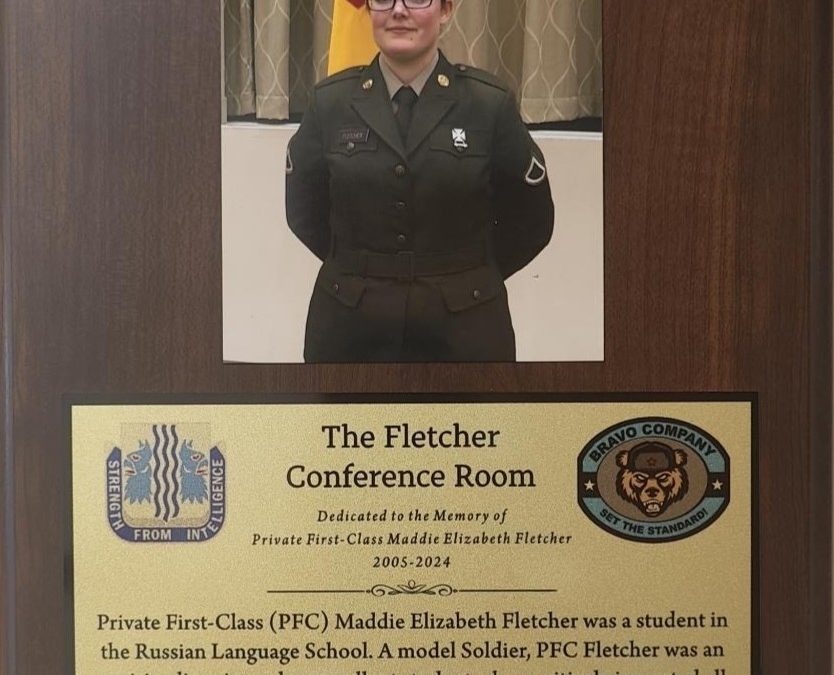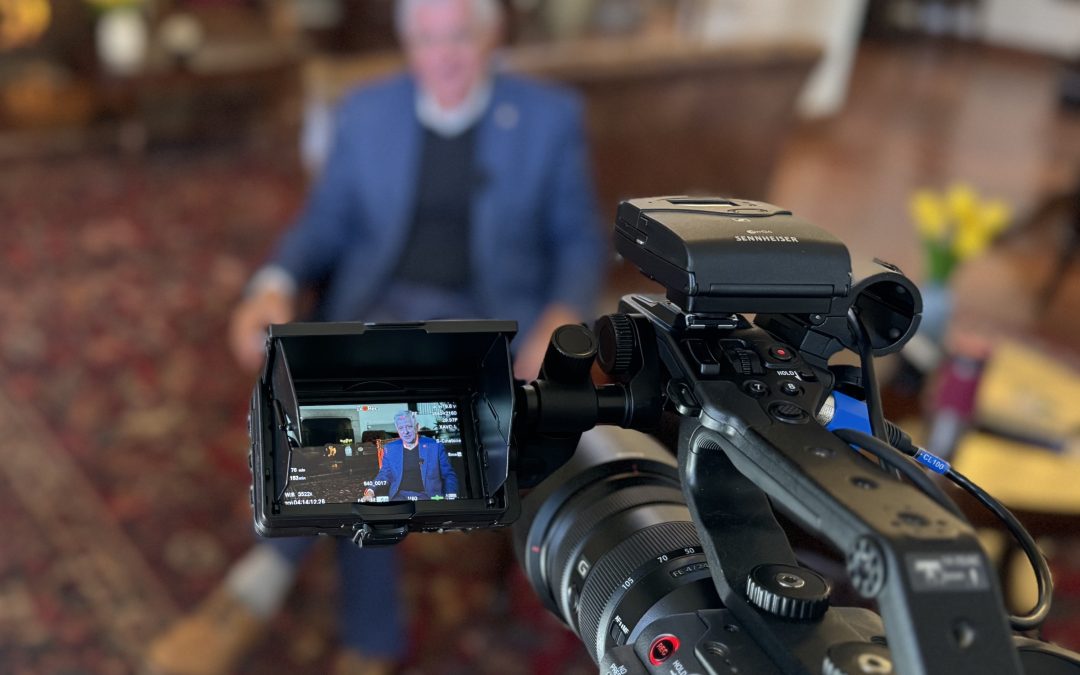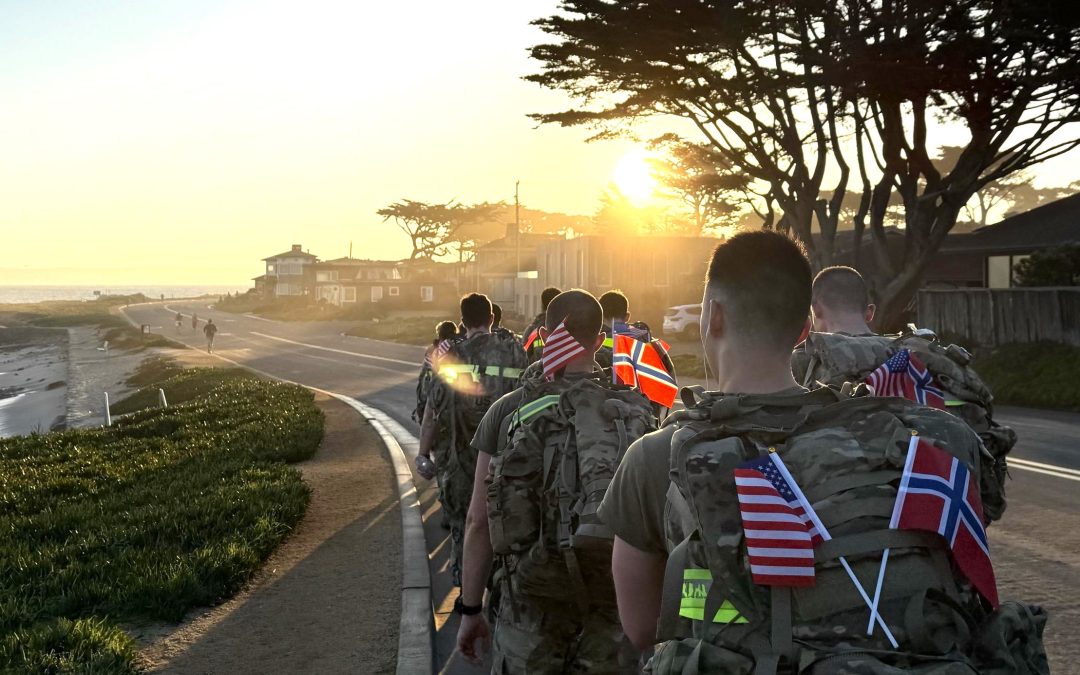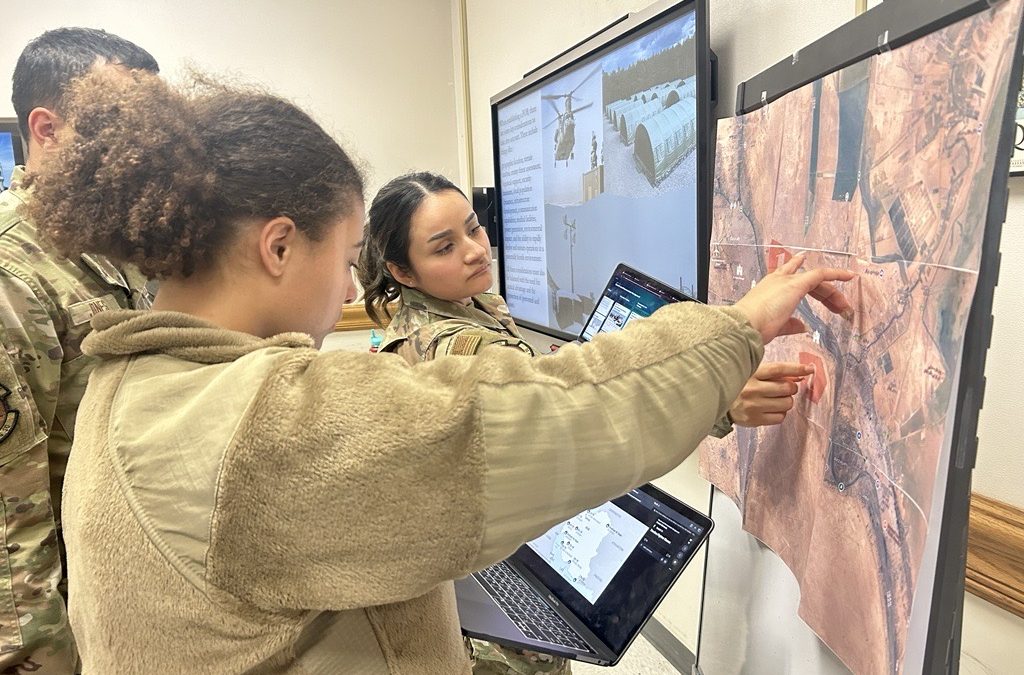By Patrick Bray
DLIFLC Public Affairs

Barbara Mulvaney, a human rights lawyer, spoke to students studying the Iraqi dialect of Arabic at the Defense Language Institute Foreign Language Center Middle East School II Jan. 23. (Photo by Patrick Bray, DLIFLC Public Affairs)
MONTEREY, Calif. – Barbara Mulvaney, a human rights lawyer who is currently an international consultant, spoke to students studying the Iraqi dialect of Arabic at the Defense Language Institute Foreign Language Center Middle East School II Jan. 23 about women in Iraq.
“Put yourself in a woman’s place and what she must do to maintain a household,” said Mulvaney. “When you cannot provide – bombs coming in, no electricity – those are women’s problems.”
Mulvaney had worked at the U.S. Embassy Baghdad from August 2009 until July 2011 as deputy director of constitutional and legislative affairs and as the senior adviser for the Iraq Inspector General and Bureau of Supreme Audit Anti-Corruption Coordinating Office.
“When we had money coming into our programs I thought it’d be nice to get some of that money to the women,” said Mulvaney.
Citing the gender equality and women’s empowerment mandate, derived from the United Nations Charter, which reaffirms equal rights of men and women, Mulvaney was able to secure funding for some women’s initiatives in Iraq.
“This is called U.N. gender mainstreaming – how it effects all genders,” said Mulvaney. “Prisons, police training facilities, how is that going to affect the women?”

Barbara Mulvaney, a human rights lawyer, spoke to students studying the Iraqi dialect of Arabic at the Defense Language Institute Foreign Language Center Middle East School II Jan. 23. (Photo by Patrick Bray, DLIFLC Public Affairs)
Speaking to the students mostly about her own experiences in Iraq, Mulvaney encourage them to embrace the culture of Iraq along with learning the dialect. To better understand, she offered a few book selections: Lawrence of Arabia and the writings of Gertrude Bell. Reading these books, according to Mulvaney, will help the students gain a better understanding of the forming of Iraq, the culture and how Arabic communities are structured.
Prior to the 2003 invasion, Iraq was the most progressive Arab nation on women’s issues, according to Mulvaney, with women serving as lawyers, judges and professionals. Through her work in Iraq, she wants to ensure that women permanently become involved once again.
“We are 100 percent smarter when we involve women,” said Mulvaney.
Mulvaney currently works on international programs with governments, school and civil society to prevent and resolve violent conflict, promote stability and development, and increase peacebuilding.
DLIFLC provides resident instruction in 23 languages at the Presidio of Monterey, California, with the capacity to instruct another 65 languages in Washington, D.C., graduating more than 220,000 linguists since 1941.
In addition, multiple language training detachments exists at sites in the U.S., Europe, Hawaii and Korea spanning all the U.S. geographic combatant commands in support of the total force.




